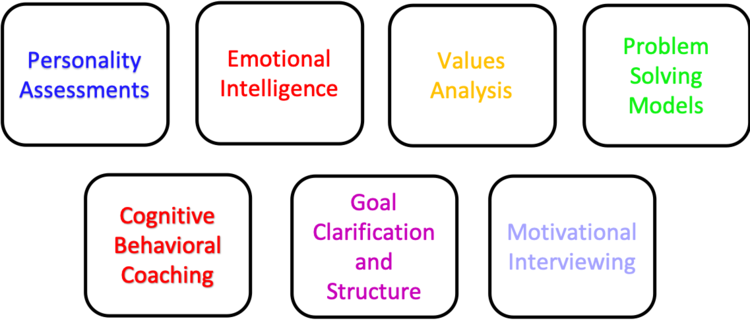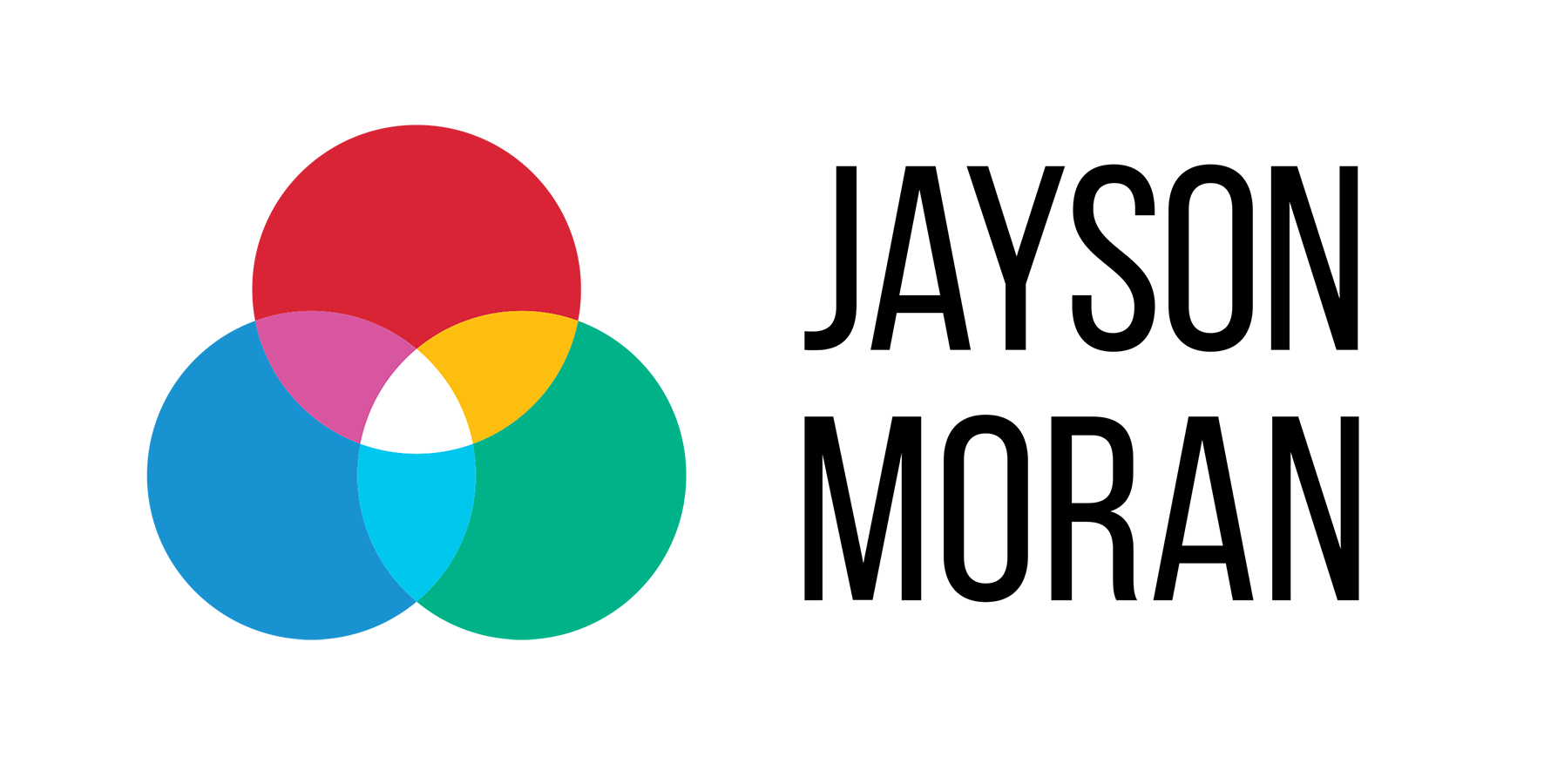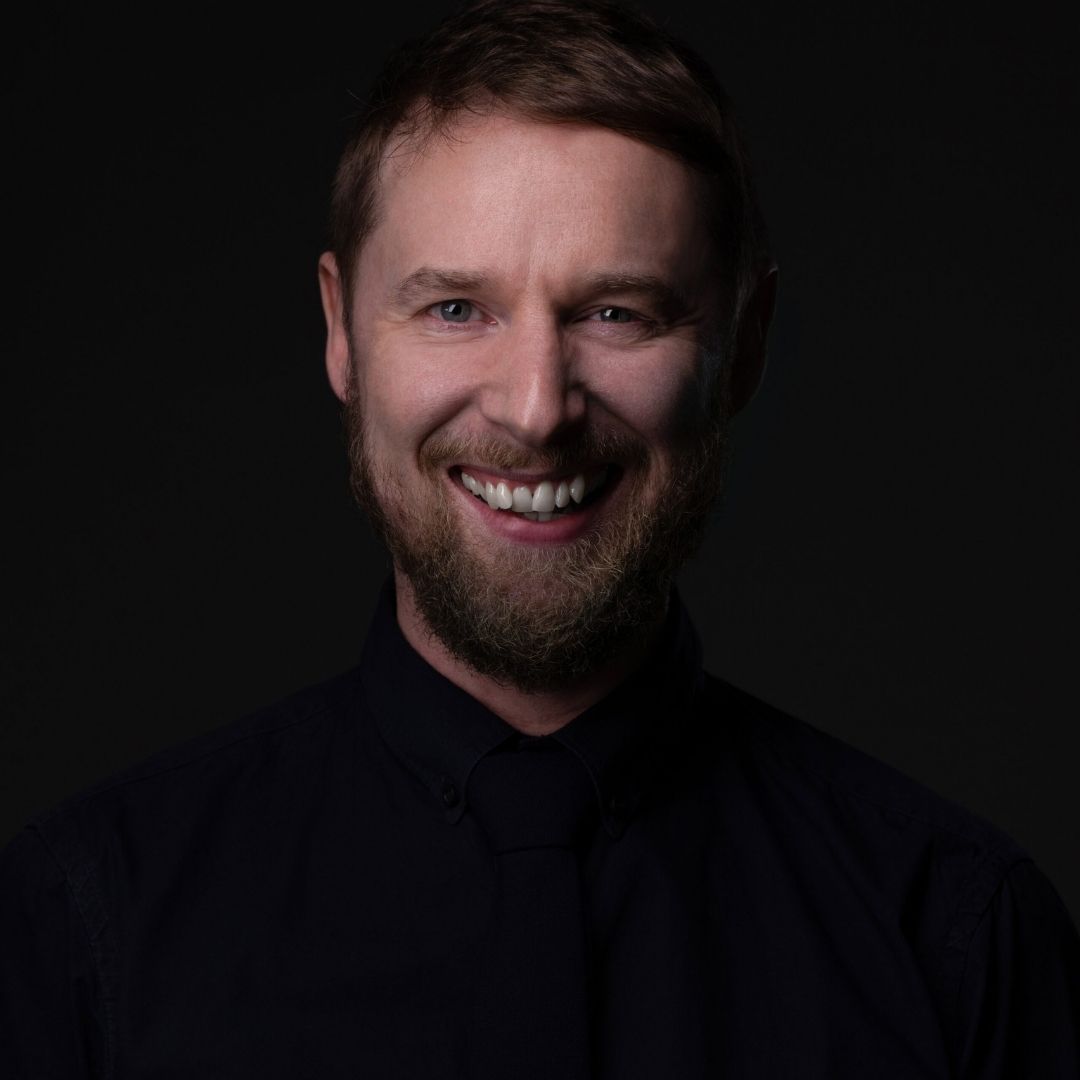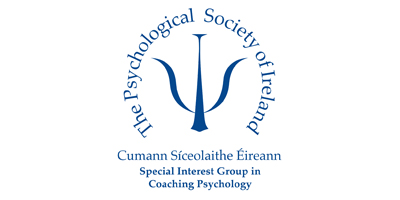
“Executive coaches can help leaders bridge the gap between knowing what to do, and actually doing it”
Marshall Goldsmith
Development
As a coaching psychologist I help leaders and entrepreneurs rise to their challenges and get the important things done. I do this by leveraging the best in psychological theory and tools to explore three key areas.
Firstly, I encourage clients to become more aware of, and explore, themselves and their situation. Secondly, I help clients clarify, structure and construct goals that are in line with themselves and appropriate to their situation. Thirdly, I encourage clients to identify and overcome the practical and psychological obstacles to those goals.
For me, development involves the answering of three main questions. We must be aware of ‘where and who we are?’ We must know ‘where we want to go?’. We must understand and overcome what’s getting in the way of getting there. It’s difficult to get to where you want to be if you don’t know your starting point, your end point, and how to overcome the barriers that arise.
WHO ARE YOU? & WHERE ARE YOU?
Who are you? One way of answering this question is through the investigation of personality – or your ‘nature’. There are multiple theories and measures of personality – but I like to use assessments based on the 5 factor theory as these are the most scientifically reliable (i.e. you will get the same results twice) and valid (it measures what it says it measures, and predicts life outcomes).
Understanding your own nature, and human nature more generally, is also the first essential step to understanding those you lead. Understanding is a crucial part of influencing and inspiring.
A second psychometric that can be useful in answering the ‘who am I?’ and also the ‘where am I?’ question is Emotional Intelligence (EI). Emotional intelligence assessments measure your ability to identify and regulate your own emotions. They are particularly useful when considering interpersonal relations. EI assessments also investigate your ability to recognise emotions in others and act appropriately. Emotional intelligence is deemed a skill – rather than a trait. This means it can be learned rather than being an innate pre-disposition. Skills associated with emotional intelligence such as emotional awareness and regulation, empathy, listening, assertiveness, confidence, motivation and influence are all also attributes of effective leaders. These are all also skills than can be sharpened through coaching, training and practice.
Another avenue to explore the answer to the question ‘where am I?’ is to reflect on either the balance in our lives, and/or our performance in key areas. Sometimes we excel in certain areas of our lives – for example our careers, or business. However, this might come at the cost of under-par performance in other areas – such as our health or relationships. I like to use tools such as a ‘life balance analysis’ and business or career performance areas analysis. These tools can give an indication of the areas which have the potential for the greatest development and growth, and also where we are ‘strong’. Awareness of our strengths, as well as the areas in need of development, allow leaders to leverage what they are good at, while identifying and clarifying areas for development and growth.
WHERE ARE YOU GOING?
The second key question I work on with leaders and entrepreneurs is usually a version of the question ‘Where do you want to go?” or “What do you want to achieve?” This, at first, can seem like a simple enough question. However, often we neglect important aspects of this question. Is the goal structured in a way that makes it likely to be achieved? Is that goal in line with the person you are? What are the realities of striving for that goal? What will you have to accept? What behaviours and habits will you have to create, maintain, or eliminate?
Defining where you’re going often leads to another question: What’s important? One way of exploring what’s important is through an analysis of values. There are dozens of psychometric ‘tests’ and exercises to identify your values – but your emotions can be a great indicator of what’s really important to you. Thinking about what makes you really angry, deliriously happy, or sad, can help to identify and clarify what’s really important by looking for patterns. What do the things that really ‘piss you off’ have in common? What do they people who make you really happy share? This can be an important starting point for creating goals that are ‘self-congruent’ or intrinsically motivating – i.e. goals that are in line with person you really are. It can also be a great starting point for deciding on company vision, mission, strategy and goals.
Values answers the why questions. Why do we do what we do? Why did I do that? Why did they do that? The answer is because on some level, conscious or unconscious, they, or we, thought ‘it’ was important to do. Values help with interpersonal relations and leading others because, when those you lead are clear on your ‘values’ (i.e. what you think is important) it allows them to act in way which will honour those values. This is how company culture is created – often unconsciously. If you’ve ever had bad service in a restaurant or other industry for that matter – it’s probably because the leaders in that organisation don’t value customer service highly enough. They might say they do. They might even use it as part of their marketing. But, if your consistently not getting good customer service – then the bottom line is that the powers that be value something more like cutting costs, ‘efficiency’ or aesthetics (ever been in a beautiful restaurant with terrible service?).
Initially, I was suspect of the term values. For me it represented a cheesy, righteous way to view the world and actions in it. However author’s such as Russ Harris (ACT Therapy and ‘The Happiness Trap’) and Mark Manson (The Life Changing Magic of not giving a F*ck – a surprisingly deep book considering the title)* changed my opinion on this one. Figuring out what’s important, and consequently, what’s not so important, allows you to say ‘yes’ or ‘no’ to opportunities and challenges with more surety. Knowing ‘what’s important’ can also help with minimising behaviour based purely on emotional responses or habit/automatic responses.
The hierarchy of the things we find important is also important. When we say ‘yes’ to one thing, we often have to say ‘no’ to another. For example, taking on that extra responsibility in one area (maybe your work role) means you won’t have time to focus on another (maybe your mental or physical health).
Structured Goal setting and Values Analysis are powerful tools. The power of being clear about exactly where you are going, how you are going to get there, and why you are going there in the first place is not to be underestimated.
WHAT’S GETTING IN THE WAY.
The third broad area that I work in with clients is addressing barriers to achievement. Barriers can be practical, or barriers can be psychological in nature.
Examples of practical problems might include getting organised, problem solving, time management, and the development of habits and routines. These might be addressed using various problem-solving models and/or exploring behavioural analysis and change techniques (a really well structured and accessible resource on this is Atomic Habits by James Clear – see below)
Examples of psychological barriers include procrastination, confidence, motivation, stress, fear/anxiety, anger, interpersonal skills such as assertiveness and empathy, influence, lack of routines and habits, and the need for behavioural change. Cognitive Behavioural Coaching (CBC) is a powerful tool to help overcome psychological barriers.
Cognitive behavioural coaching (CBC) differs from Cognitive behavioural therapy (what therapists do) in that CBT is used to address clinical levels of negative emotion, such as anxiety or depression. I utilize CBC to help people change their performance and wellbeing behaviours.
Cognitive Behavioural Coaching involves utilizing strategies and skills which harness the relationship between your thoughts, your emotions, and your behaviours. In response to any given situation we have beliefs (we think), emotions (we feel) and behaviours (we act). For example, we see a big dog we might think “Awwwww”, we might feel love, and act by petting the big fella. However, we are all unique. Another person might see the same dog, and based on previous experience might think ‘OOOOOOOH No” feel terrified and freeze or run away from the monster. The difference in this instance is the underlying beliefs about what a ‘big dog’ means.
Our thoughts, feelings and emotions all interact and affect each other. How we think affects how we feel and behave (e.g. “I shouldn’t have done that” leading to guilt and sheepishness). How we feel effects how we think and behave (I know I’ve thought and done crazy things when I’ve been really hangry). How we behave affects how we feel and think (ever feel proud and think ‘I did that!’ after completing something difficult).
This means that for any given situation we can focus on different elements to get the results you want. We might focus on challenging unrealistic or unhelpful underlying beliefs around an issue (Are all big dogs dangerous?). Or maybe we might use emotional regulation techniques which in turn allow us to control our thinking and behaviour (Breathing techniques can be great for this). Or perhaps we can change our behaviours to change how we feel and think (think ‘fake it ‘til you make it’ – don’t run and pet the dog a few times until your fear dissipates).
KNOWING WHAT TO DO AND ACTUALLY DOING IT.
A key point on development, which is alluded to in the quote by Marshall Goldsmith at the beginning of this piece, is that accountability is a hugely important aspect.
Accountability**is simply the process of one giving an account of the action they committed to and what they learned. What you did. What you didn’t do. What worked and what didn’t. What you might do differently next time.
All the science, knowledge, techniques and assessments in the world cannot replace accountability. Taking the time to reflect on what’s happening with another human, and figuring out what to do about it, is a hugely powerful process.
Hope you enjoyed this article – There’s links to videos and reading about the content mentioned below. Feel free to contact me on any of the above links if you would like help rising to your challenges.
Jayson
RESOURCES, READING AND LINKS
Click on the highlighted parts to visit the links
Personality
· There is lots of free journal articles about the Five Factor Theory of personality, however as an introduction I highly, highly recommend the free online lecture series by Dr Jordan Peterson. Super Entertaining speaker, great content and life lessons – these lectures got me back into personality as a topic.
o Trait theory of personality first of 5 lectures (other links should be in the youtube side bars)
Emotional Intelligence
· The Classic by Danial Goleman
Goal setting /Behaviour change
· Excellent book by the great Marshall Goldsmith on Goal setting and Behaviour Change – Triggers
Values and What’s important
· Recently read this by Mark Manson – highly recommend. Well written and asks some great (tough) questions – The Life Changing magic of not giving a F*ck
· The Happiness Trap – by Russ Harris – father of Acceptance and commitment therapy with a great, easily accessible book
Cognitive behavioural Model
· A Social Cognitive Theory on personality by Albert Bandura. Classic paper – on a hughly influential and helpful model in understanding why people do what they do – free pdf
Habit formation and behaviour change
· James Clear – Atomic Habits.
Fantastic book! putting a huge amount of behavioural research into a practical explanation and guide.





